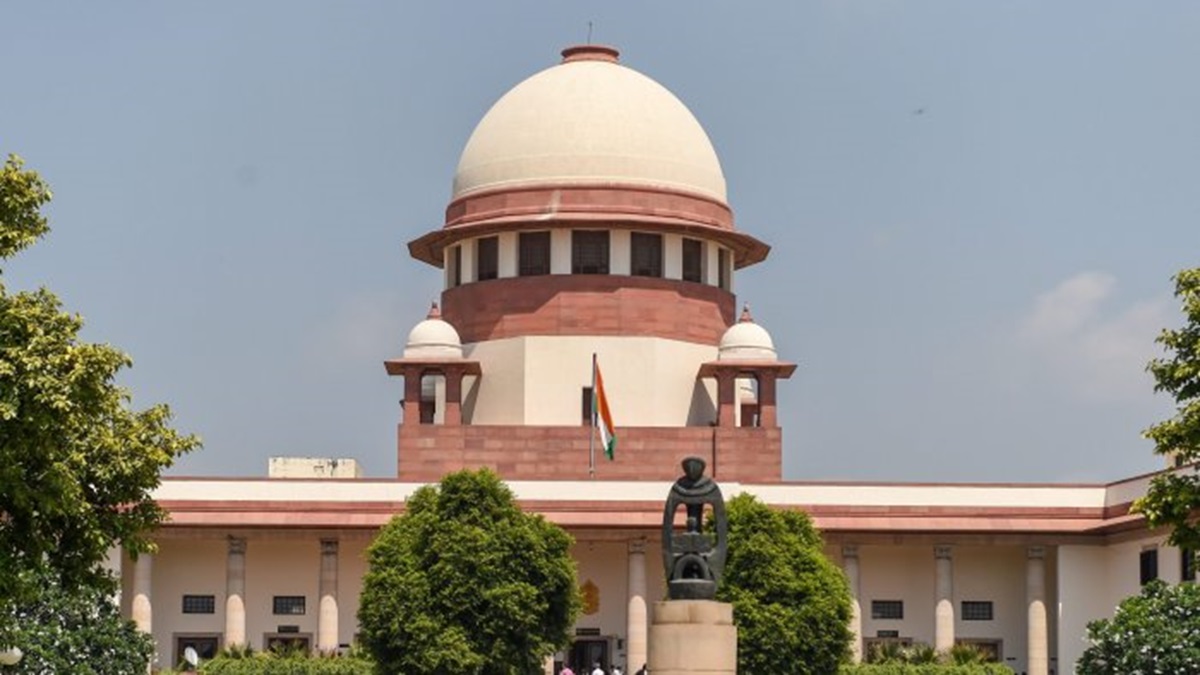The Centre has taken a significant step towards revising the spectrum sale process by seeking modifications to the Supreme Court's landmark 2012 order pertaining to the auction of 2G spectrum. The move comes amidst evolving telecommunications policies and the need for a more flexible approach to spectrum allocation and pricing.
In its plea before the apex court, the government has highlighted the changing dynamics of the telecom sector and the emergence of new technologies since the issuance of the original order. The mandate for spectrum auction, as laid down in 2012, is deemed outdated and restrictive in light of the industry's evolving landscape and technological advancements.
The 2012 order, which mandated the auctioning of spectrum for telecom services, was introduced with the aim of promoting transparency, fairness, and optimal resource utilization. However, over the years, stakeholders have raised concerns about the efficacy of this approach, citing its impact on affordability, competition, and the overall growth of the sector.
The Centre's plea seeks to address these concerns by proposing modifications to the auction process, including considerations for alternative methods of spectrum allocation and pricing. The objective is to strike a balance between regulatory oversight and market dynamics, fostering innovation, investment, and consumer welfare in the telecom industry.
Furthermore, the government argues that a more flexible approach to spectrum management is essential to meet the growing demands of digital connectivity and enable the widespread adoption of emerging technologies such as 5G. By revisiting the 2012 order, the Centre aims to create a conducive environment for industry players to invest in infrastructure and roll out next-generation services.
However, the proposed modifications have sparked debates among stakeholders, with some expressing apprehensions about the potential implications for competition and consumer choice. Critics caution against deviating too far from the principles of transparency and fairness enshrined in the original order, emphasizing the need for careful deliberation and stakeholder consultations.
As the Supreme Court considers the Centre's plea for modification, the outcome of this legal battle is poised to shape the future trajectory of India's telecom sector. The decision will not only have implications for spectrum management and auction processes but also set the tone for regulatory interventions in an increasingly digitized economy.
In the midst of rapid technological advancements and evolving market dynamics, the call for a recalibration of telecom policies resonates loudly. As stakeholders await the court's verdict, the spotlight remains on the delicate balance between regulatory imperatives, industry innovation, and consumer interests in India's dynamic telecom landscape.

